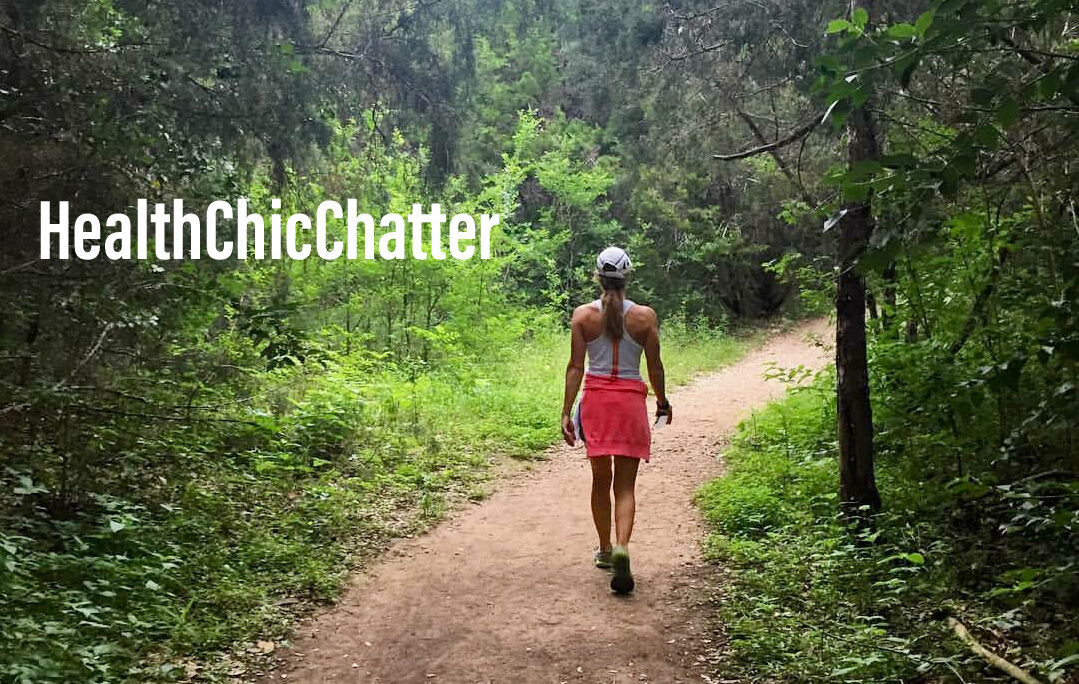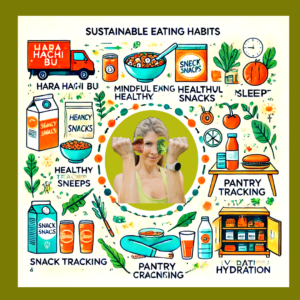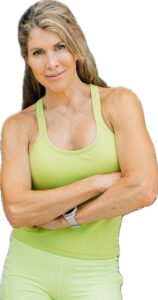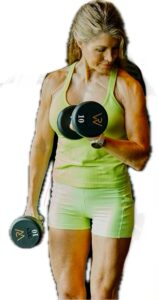The excitement of travel shouldn’t mean sacrificing your fitness goals. Whether it’s holiday gatherings filled with tempting treats or adventurous explorations that leave you feeling drained, maintaining your health is achievable with a little planning and mindful choices. Don’t let the change in scenery derail your progress; instead, embrace the opportunity to integrate fitness into your travel experience. Here’s how to stay healthy and active, even during the holidays:
-
Bodyweight Workouts: Your Portable Gym: Forget the hotel gym fees or the hassle of finding a fitness center. Your own bodyweight is an incredibly effective tool for staying fit anywhere. Utilize your hotel room, a park bench, or even a quiet corner of your family’s living room for exercises like squats, lunges, push-ups (modify on your knees if needed), planks, and jumping jacks. Create a simple circuit of these exercises, performing each for a set number of repetitions or time, and repeat it a few times. You can easily find free bodyweight workout routines online for inspiration, tailored to different fitness levels and focusing on specific muscle groups, like those essential glutes!
-
Travel-Friendly Tools: Your Workout Sidekicks: Packing light doesn’t mean leaving your fitness routine behind. Consider bringing a few lightweight and portable fitness tools. Resistance bands are incredibly versatile and can add intensity to your bodyweight exercises, targeting various muscle groups, including those glutes we’re working on! A compact travel yoga or workout mat provides a clean and comfortable surface for floor exercises, stretching, or even a quick Pilates session. These small additions can significantly enhance your workout options on the go. (I don’t leave home without them!)
-
Meal Prep & Smart Snacks: Fueling Your Adventures the Right Way: While indulging in local cuisine is part of the travel experience, consistently making unhealthy food choices can hinder your fitness progress. Before you leave, consider packing some non-perishable, healthy snacks like nuts, seeds, protein bars (read those labels!), or dried fruit. If your accommodation allows, plan for some simple meal prep. Things like overnight oats (with protein powder, chia seeds & walnuts) and, pre-portioned salad ingredients, or even just having access to a grocery store for healthy staples can make a big difference in staying on track.
-
Hydrate Consistently: Your Internal Engine Needs Fuel Too: Travel, especially air travel, can be incredibly dehydrating. Dehydration can lead to fatigue, headaches, and even muscle cramps, hindering your ability to stay active. Carry a reusable water bottle and make it a habit to refill it frequently. Staying well-hydrated will not only keep your energy levels up for exploring but also supports your overall well-being and can even help control those hunger pangs that might lead to less healthy snack choices. (I take an empty water bottle pre-loaded with Kion Aminos and electrolytes & add water once I am through security!)
-
Prioritize Sleep: Recharge and Recover for More Adventures: Travel can often disrupt your regular sleep schedule. However, getting adequate rest is crucial for both your physical and mental well-being. Aim for at least 7-9 hours of quality sleep each night, even when you’re away from home. Prioritize creating a relaxing bedtime routine, even if it’s just dimming the lights and avoiding screens before sleep. Well-rested muscles recover better, and you’ll have more energy to enjoy your travels and stay active. (BodyHealth’s CALM can help!)
-
Manage Stress: Exercise is Your Mental Escape: Travel, while exciting, can also be stressful. Navigating new places, dealing with travel delays, or simply being out of your routine can take a toll on your mental health. Incorporating exercise into your travel days is a fantastic way to manage stress. Whether it’s a brisk walk exploring a new city, a calming yoga session in your hotel room, or even a few minutes of mindful stretching, physical activity releases endorphins that can boost your mood and help you feel more relaxed and present.
-
Boost Your Immune System: Stay Healthy to Keep Exploring: No one wants to spend their vacation feeling under the weather. Exercise, along with sufficient sleep and a diet rich in fruits and vegetables (even while traveling, try to incorporate these!), plays a significant role in strengthening your immune system. Make a conscious effort to move your body regularly, prioritize sleep, and make healthy food choices whenever possible to keep your immune system strong and ready for all your travel adventures.
-
Fuel Your Energy: Consistent Nourishment for Active Days: When you’re on the go, exploring new sights and engaging in activities, your body needs consistent fuel to maintain energy levels. Avoid skipping meals or relying solely on sugary snacks for quick energy. Plan to eat regular, balanced meals and snacks throughout the day. Focus on incorporating protein (FIRST!), complex carbohydrates, and healthy fats to provide sustained energy for all your adventures, whether it’s hiking a new trail or simply walking around a museum.
-
Be Flexible: Adapt Your Routine, Not Abandon It: Remember that travel is different from your regular daily life, and it’s important to be adaptable with your fitness routine. Don’t get discouraged if you can’t stick to your usual workout schedule perfectly. Instead of aiming for an hour-long gym session, perhaps opt for a 20-minute bodyweight routine in your hotel room. Be open to incorporating physical activity into your travel plans naturally, like taking the stairs instead of the elevator or walking to explore nearby attractions.
-
Integrate Fitness Habits: The Synergy of Diet, Exercise, and Recovery: Staying fit while traveling is about more than just squeezing in a workout here and there. It’s about integrating healthy habits into your overall travel lifestyle. This means consciously making nutritious food choices when possible, prioritizing movement in your daily activities, and ensuring you get enough rest. When you combine these three elements – balanced diet, regular exercise, and sufficient recovery – you create a powerful synergy that supports your overall wellness and helps you stay fit and energized throughout your travels.
By implementing these strategies, you’ll discover that staying fit while traveling is not only possible but also enjoyable. Consistency is key, and even small, mindful efforts can make a significant difference in maintaining your progress and feeling your best. Embrace the journey and maintain your wellness wherever you go!
With these expanded tips, you can confidently maintain your fitness goals and enjoy a healthy, active travel experience.
Happy travels!









